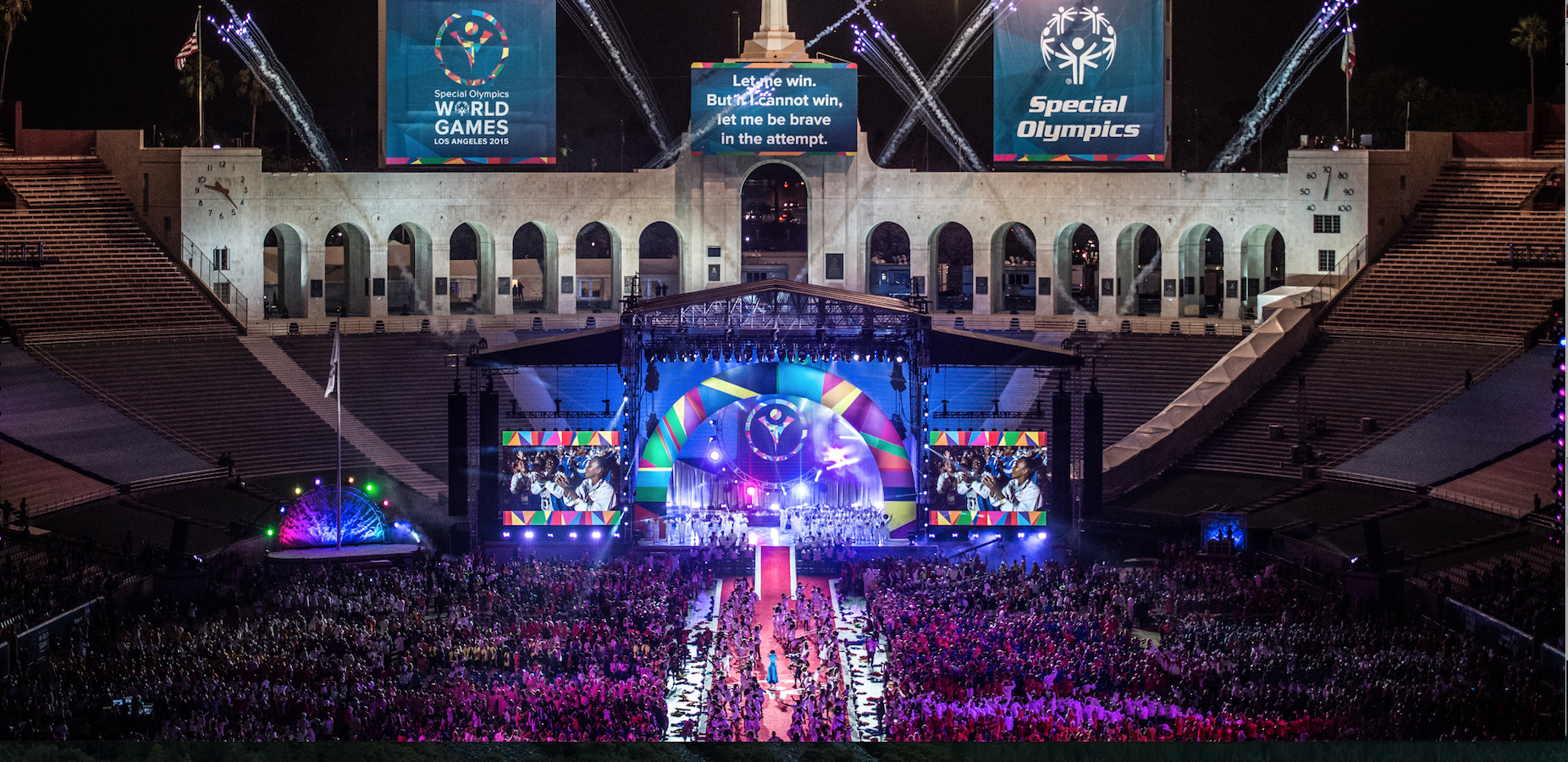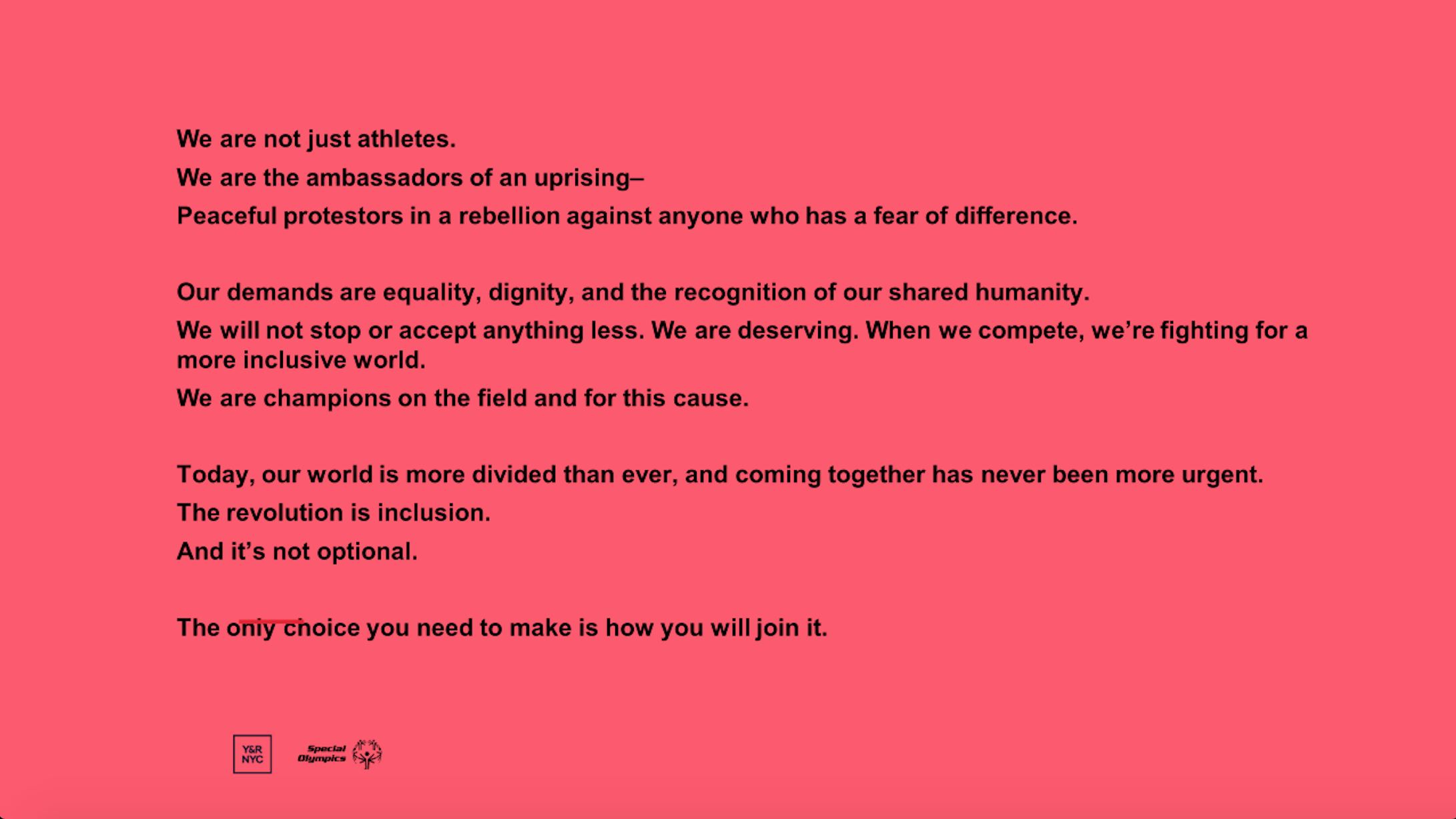
Special Olympics Europe Eurasia to host 'On The Margins' Refugee Forum in Amsterdam
In an effort to address the growing plight facing migrant and refugee youth with intellectual disabilities in Europe and around the world, Special Olympics Europe Eurasia will host a Refugee Forum On the Margins in Amsterdam on 22-23 January 2018.
Delivered by Special Olympics Europe Eurasia and supported by the European Union, the event will educate, challenge, inspire and engage by bringing together global experts on refugees, on intellectual disabilities, and those using sport around the world to address the most pressing social needs of our time.
There are currently an estimated 22.5m refugees globally (UNHCR), of which it is estimated that 7.7 million have disabilities, with around half a million having an intellectual disability (World Health Organisation). This underserved, invisible group of people face some of the most unspeakable forms of discrimination, social isolation, exploitation and abuse. They exist ‘On the Margins’, in an already marginalized population.
As Special Olympics begins celebrations of its 50th anniversary in 2018, the Forum will serve as the perfect kick-off event. In 2018, and beyond, Special Olympics will be a transformative movement driven by people with intellectual disabilities, as they spread joy, courage, and friendship throughout the world.
The event will bring together leading agencies, organisations and governments committed to tackling the global refugee crisis, which represents one of largest social crisis in Europe since the post-war years of the 1940’s. Crucially, the forum will also bring together people who aren’t immersed in this space, but who care about it, who want to know more about it, and who need to know what they can do for those living in such difficult circumstances.
The Forum, which will take place on Tuesday 23 January at the Johan Cruijff Arena, will highlight best practices and effective models of programming that the Special Olympics movement wishes to bring forward as important contributions to this urgent issue facing communities and national governments across Europe.
Some speakers already confirmed include, Chief of Olympic Channel services, Jochen Färber; deputy head of sports unit, European Commission, Marisa Fernández Esteban; executive director of Women Win, Maria Bobenrieth; international director, Lions Club International, Elisabeth Haderer; and Beyond Sport founder, Nick Keller.
Refugees and migrant youth with and without intellectual disabilities will also be positioned as keynote speakers and panellists, as well as their families and supporters, to demonstrate the effectiveness of inclusive sports programming to empower this marginalized population. Special Olympics athletes Abdullah Amir and Mina Bahgat, both refugees from the Middle East, will feature on panels telling their personal Special Olympics stories as well as Unified partner Gerald Mballe, a refugee from Cameroon who is now playing sports with Special Olympics athletes in Italy.
The conclusion of the Forum will see the formalization of important commitments made by partners, leaders and change-makers in the audience, to underscore the urgent need for action to ensure that this group within the larger refugee and migrant population is not left behind.
About Special Olympics
Special Olympics boasts one of the most progressive social integration models that benefits not only those with intellectual disabilities but the wider community as well.
Currently in over 170 countries around the world, Special Olympics is delivering its population of almost 5,000,000 participating athletes out of the shadows and into the mainstream using the power of grass-roots sports, health services, early childhood and inclusive development initiatives in training, self-advocacy, leadership, and community building.
With the support of more than one million coaches and volunteers, Special Olympics delivers 32 Olympic-type-sports and over 108,000 games and competitions throughout the year. Founded in 1968 by Eunice Kennedy Shriver, Special Olympics has 5.6m athletes in total including athletes with and without intellectual disabilities.
In 2018, Special Olympics movement will celebrate 50 years of changing lives – as well as looking to the next 50 years as an opportunity to both strengthen a powerful movement for change, and renew a commitment to inclusive development for people of all abilities. The 50th anniversary will be a monumental turning point in the history of Special Olympics, as the organization changes from an organization for people with intellectual disabilities to an organization from them. In 2018, and beyond, Special Olympics will be a transformative movement driven by people with intellectual disabilities, as they spread joy, courage, and friendship throughout the world.
